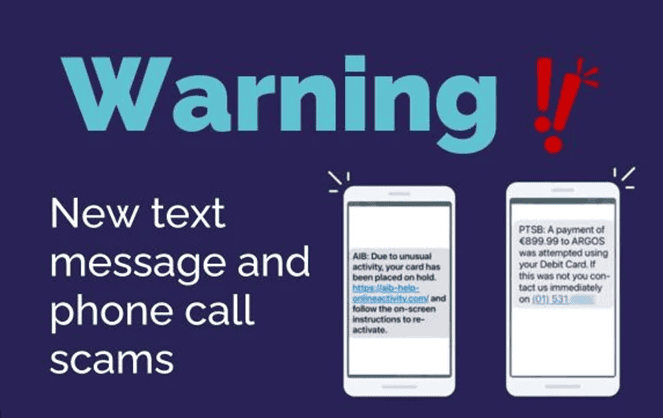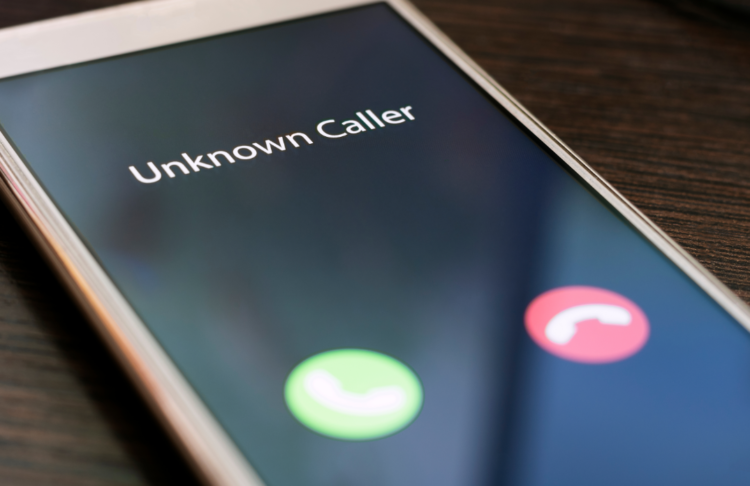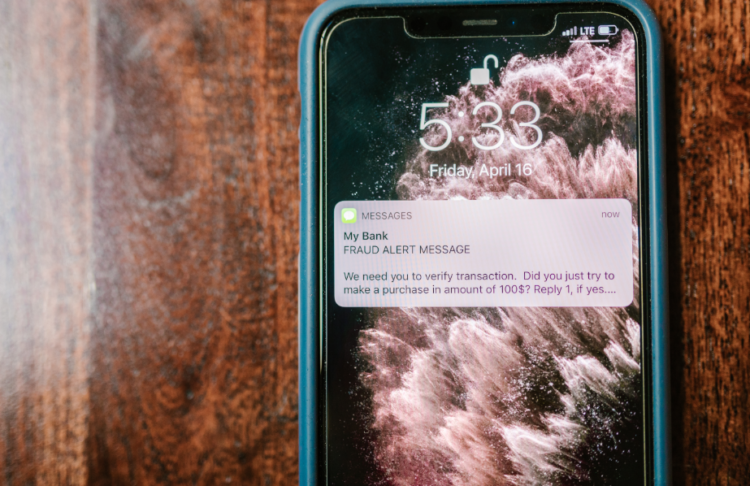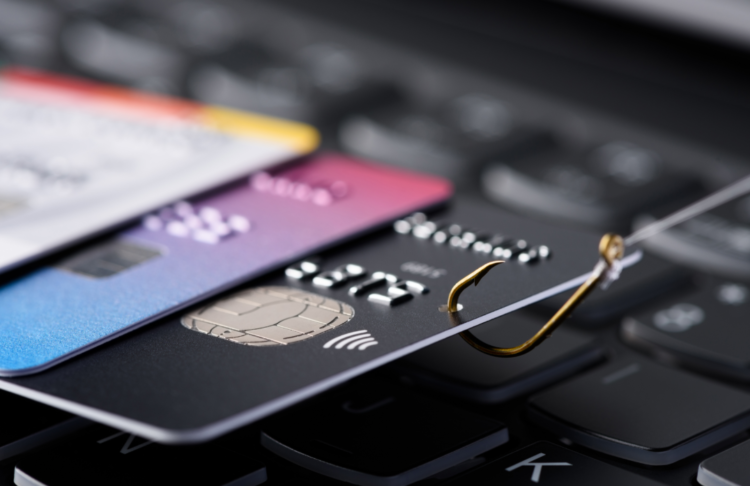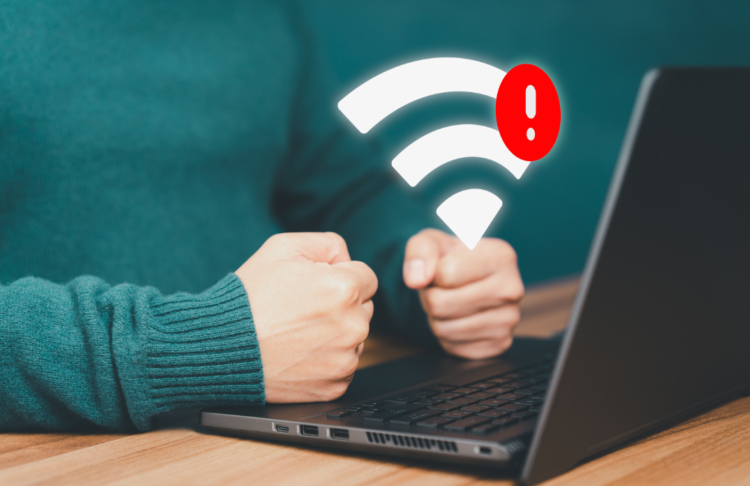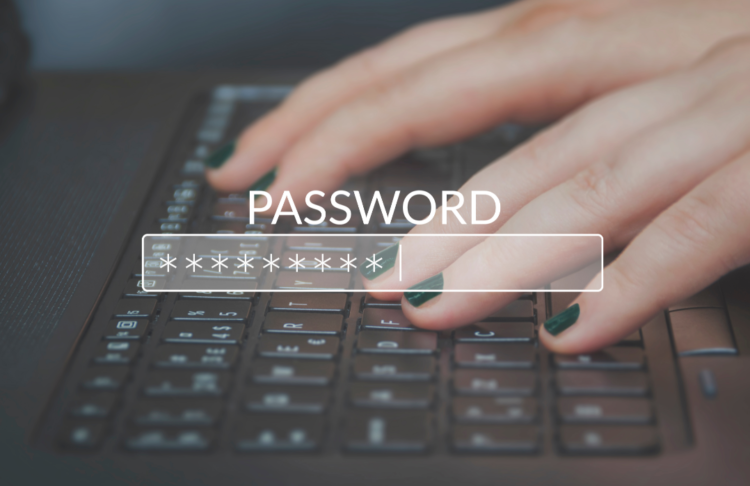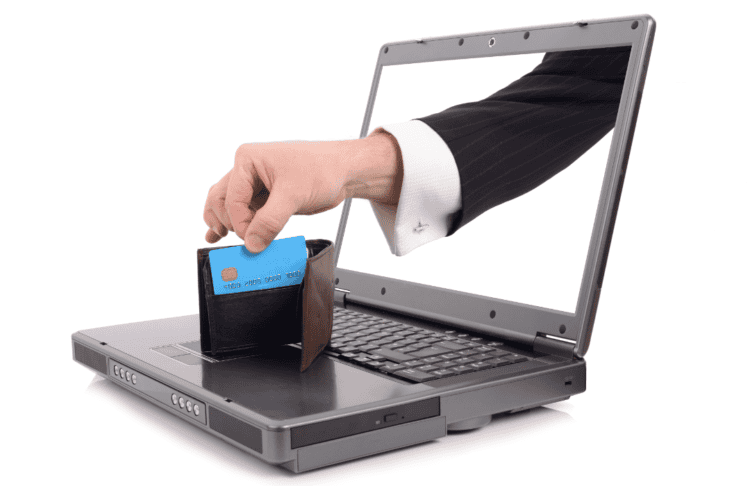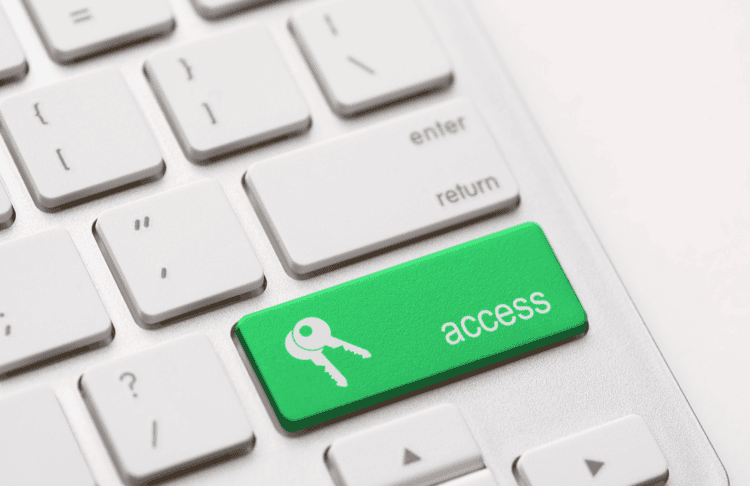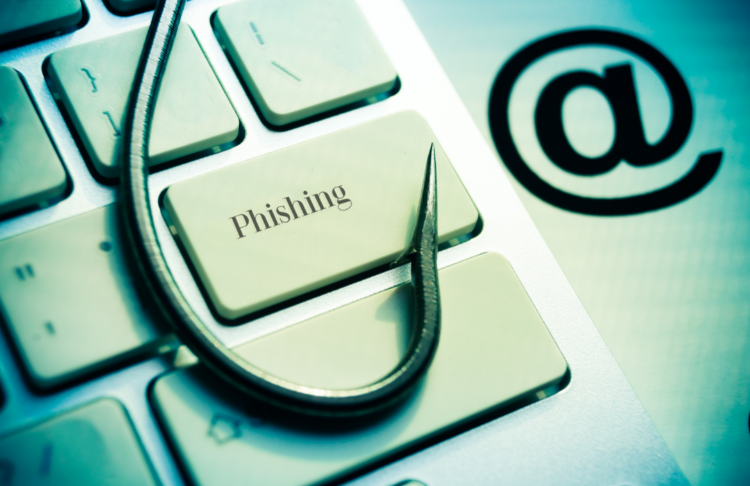
Fraudsters sometimes send emails pretending to be from your bank, credit card company or another company you trust, usually asking you to click on a link or open an attachment. The emails may seem genuine and convincing but are designed to trick you into sharing your personal information, such as your username, full PIN or credit card number. They will often make urgent threats and try to scare you into providing your details.
What to look out for:
- Check for misspellings or unfamiliar sender addresses
- Unexpected emails which claim to come from a financial institution
- Urgent requests and threats
- Claims that your account has been compromised
- Requests to “Open an Attachment” or “Click a Link”
Safety Tips:
- Be suspicious of unsolicited emails. Listen to your instincts – if something doesn’t feel right then stop and question it.
- If you are suspicious:
- Call the sender, if possible, to verify they sent the email, using a trusted number or visit their website by typing the address directly into your browser. Phone numbers provided in the email could be fake.
- Do not reply to the email, fill out any forms or follow any of the instructions specified.
- Do not click on any links as they may try to direct you to fake websites.
- Do not open attachments as they may infect your computer with malicious software.
- Consider setting up different email addresses for different purposes; such as one for your bank / Credit Union to contact you on, another for family and friends and another for social media accounts.
You should never:
- Click on or open suspicious links and attachments.
- Respond to unsolicited emails.
Share your banking details or other personal information if requested via email.
Monaghan Credit Union will never:
- Ask you to click a link in an email with an urgent warning about suspicious activity on your account.
- Ask you to transfer money out of your account to protect yourself from fraud.
- Ask you to share your full online banking login details.

